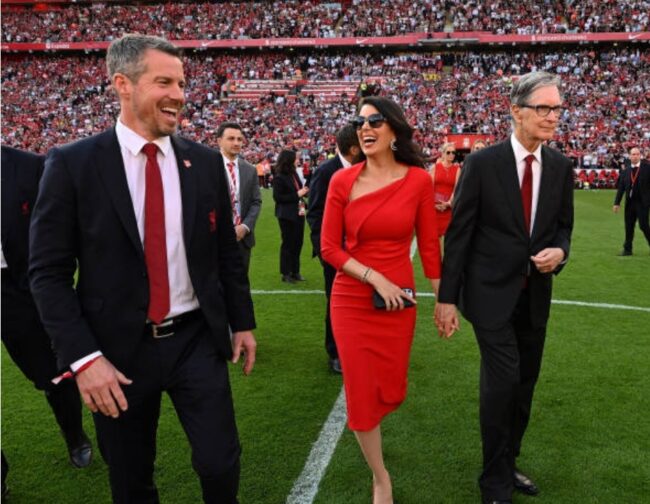Liverpool were among eight clubs that supported the Premier League in a recent legal dispute with Manchester City over sponsorship regulations.
On Monday, reports circulated that Manchester City had scored a “major victory” against the Premier League regarding the associated party transaction (APT) rules. These rules are designed to ensure that commercial deals tied to club owners are conducted at fair market value.

City had argued that these regulations were anti-competitive, but they ultimately lost the majority of their case. Despite this, City issued a statement claiming victory, highlighting that some of the rulings were deemed “unlawful.”
While the tribunal upheld the core of the APT rules, it identified three areas where decisions were deemed unlawful or unfair. This falls short of the comprehensive victory City and some outlets had suggested.

As part of the case, Liverpool were one of eight clubs that provided evidence in support of the Premier League’s stance. Alongside Liverpool, Arsenal, Manchester United, West Ham, Brentford, Bournemouth, Fulham, and Wolves also backed the Premier League.
A 175-page tribunal document lists these clubs, while also naming Everton, Chelsea, and Newcastle as witnesses for Manchester City. Notably, Everton, Liverpool’s local rivals, stood in support of City, which could be seen as a surprising alignment. According to reports from The Telegraph, Nottingham Forest also celebrated City’s partial success in challenging the Premier League’s regulations.
Will this ruling affect Liverpool?

The rule change primarily concerns shareholder loans taken out after its implementation, meaning it may not have a direct impact on Liverpool. Essentially, the decision could force clubs to either pay commercial interest rates on loans from their owners or have the equivalent amount added to their Profitability and Sustainability Regulations (PSR) costs.
Interestingly, Chelsea and Everton, two clubs that have relied heavily on substantial loans from their owners, were firmly behind Manchester City in this case. However, for Liverpool, the ruling is unlikely to create any immediate changes, as the club has not relied on similar financial structures.


COMMENTS